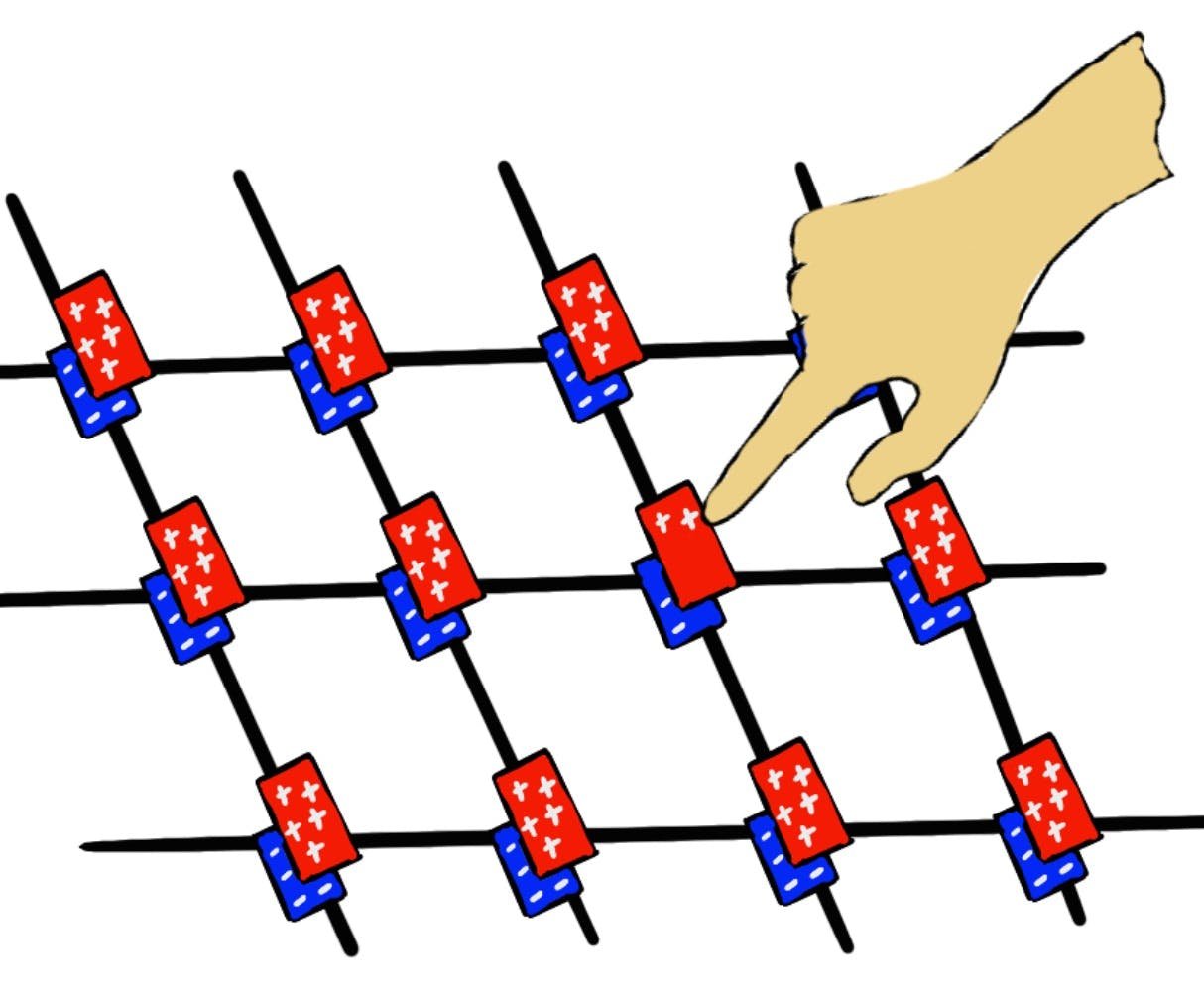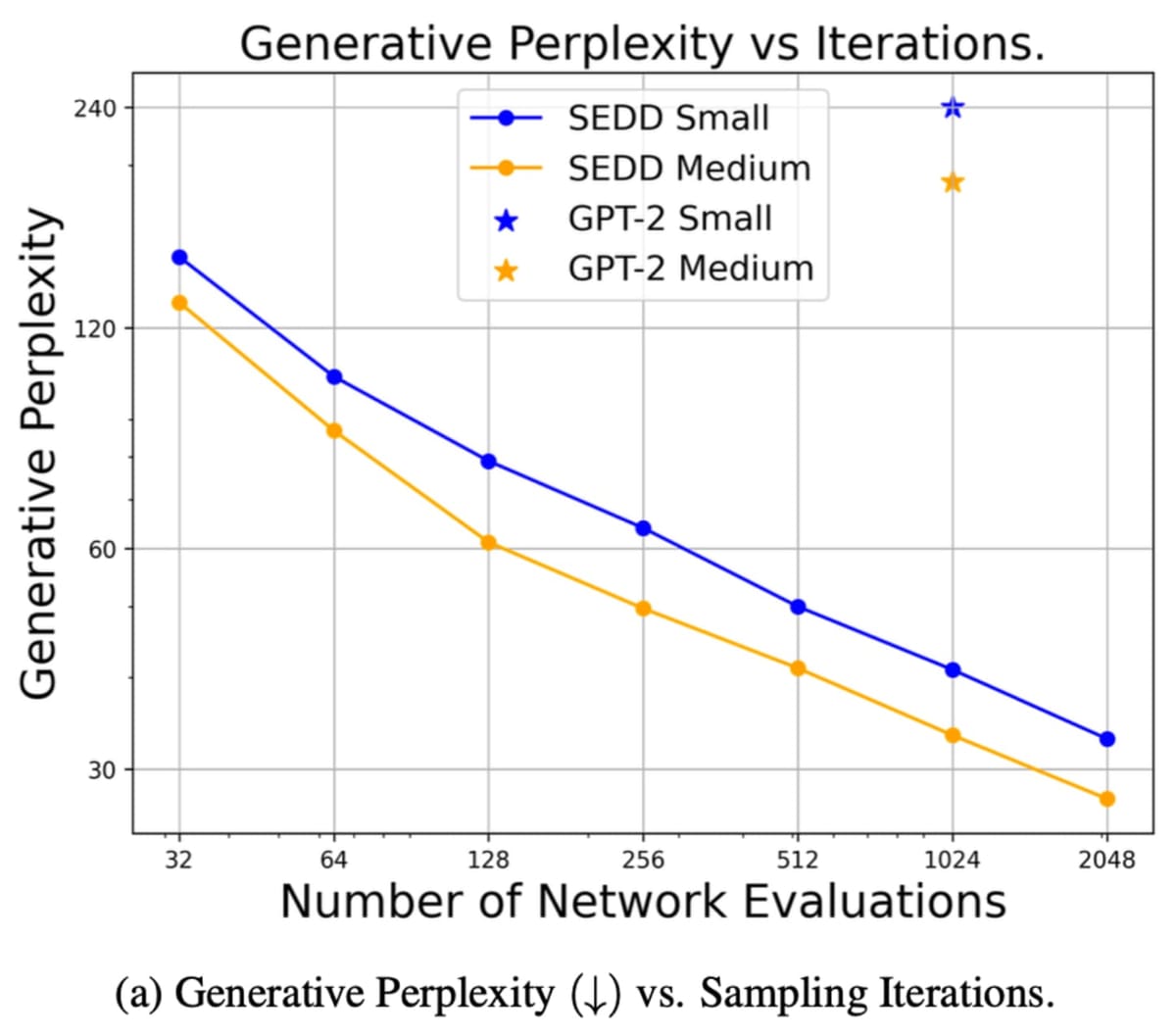
Parenting Styles: A Closer Look at a Well-Known Concept
Although parenting styles constitute a well-known concept in parenting research, two issues have largely been overlooked in existing studies. In particular, the psychological control dimension has rarely been explicitly modelled and there is limited insight into joint parenting styles that simultaneously characterize maternal and paternal practices and their impact on child development. Using data from a sample of 600 Flemish families raising an 8-to-10 year old child, we identified naturally occurring joint parenting styles. A cluster analysis based on two parenting dimensions (parental support and behavioral control) revealed four congruent parenting styles: an authoritative, positive authoritative, authoritarian and uninvolved parenting style. A subsequent cluster analysis comprising three parenting dimensions (parental support, behavioral and psychological control) yielded similar cluster profiles for the congruent (positive) authoritative and authoritarian parenting styles, while the fourth parenting style was relabeled as a congruent intrusive parenting style. ANOVAs demonstrated that having (positive) authoritative parents associated with the most favorable outcomes, while having authoritarian parents coincided with the least favorable outcomes. Although less pronounced than for the authoritarian style, having intrusive parents also associated with poorer child outcomes. Results demonstrated that accounting for parental psychological control did not yield additional parenting styles, but enhanced our understanding of the pattern among the three parenting dimensions within each parenting style and their association with child outcomes. More similarities than dissimilarities in the parenting of both parents emerged, although adding psychological control slightly enlarged the differences between the scores of mothers and fathers.
Parenting has gained ample research attention from various scientific disciplines. Many theoretical frameworks emphasize that parenting plays a vital role in child development, which has fueled research investigating the impact of parenting on child development for over 75 years. When studying parenting, researchers can take various strategies by considering parenting practices, parenting dimensions or parenting styles. Parenting practices can be defined as directly observable specific behaviors that parents use to socialize their children (Darling and Steinberg 1993). For example, parenting practices intended to promote academic achievement are showing involvement by attending parent–teacher meetings or regular supervision of children’s homework. Other parenting practices pertain to positive reinforcement, discipline, or problem solving.

















